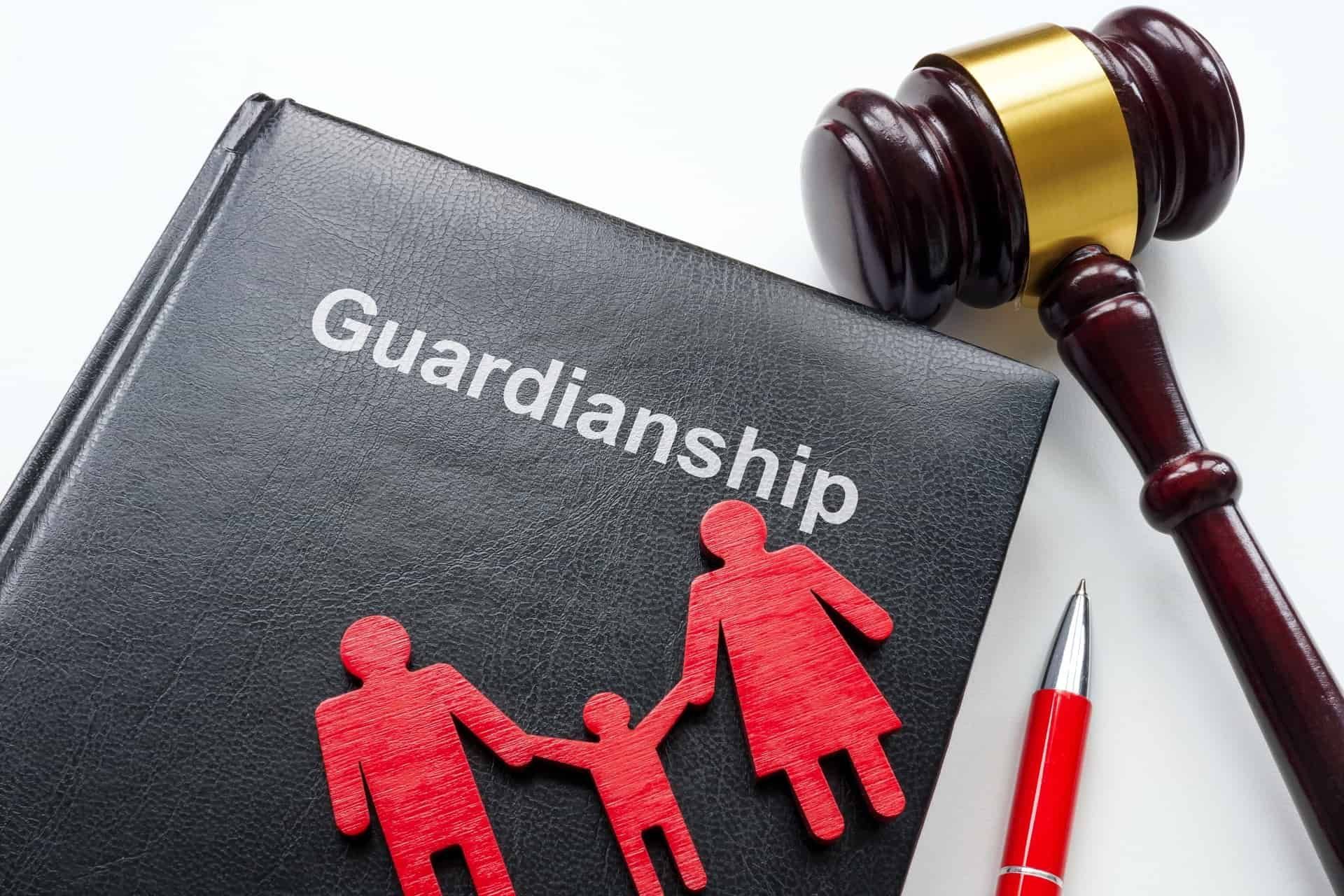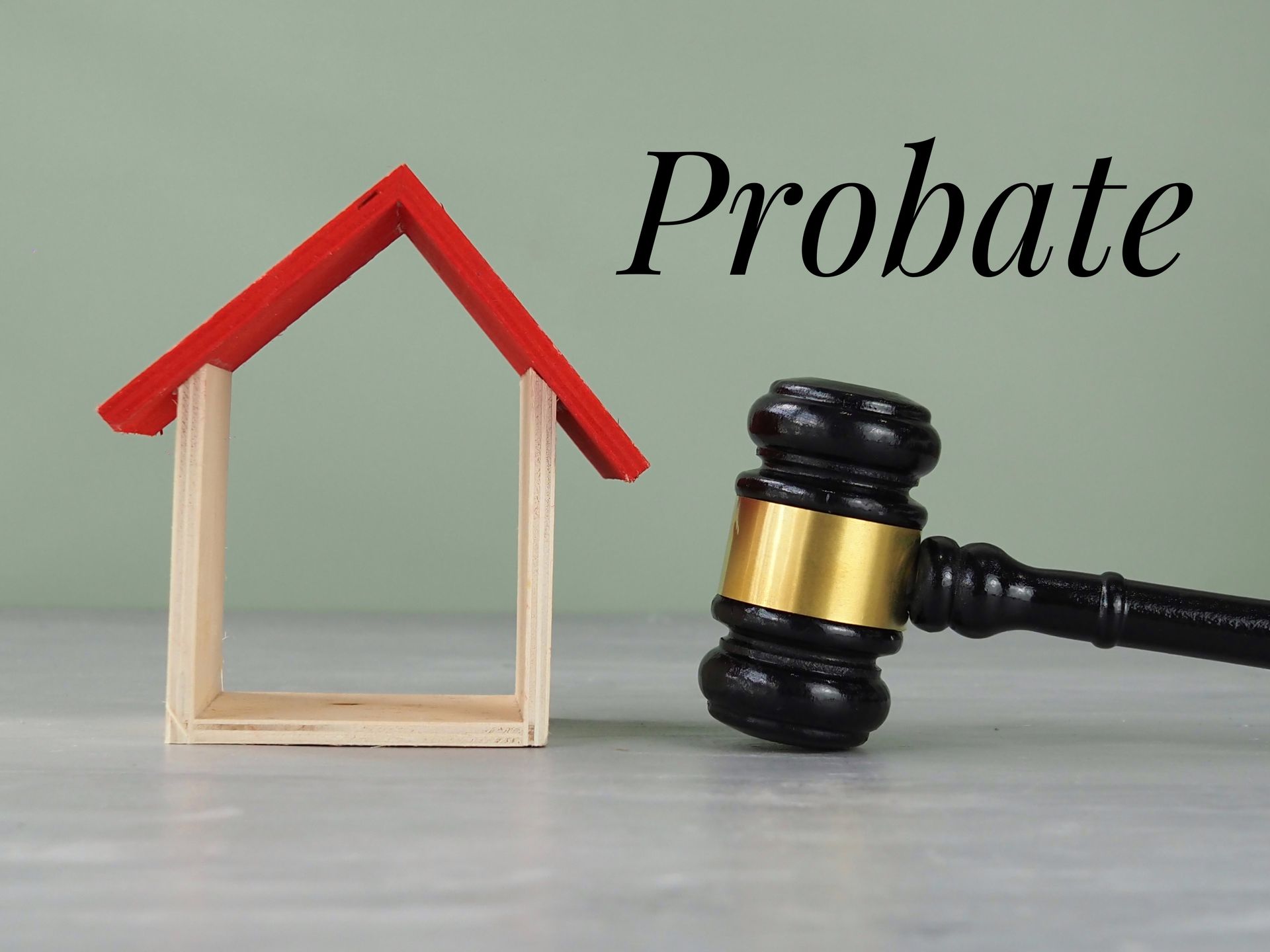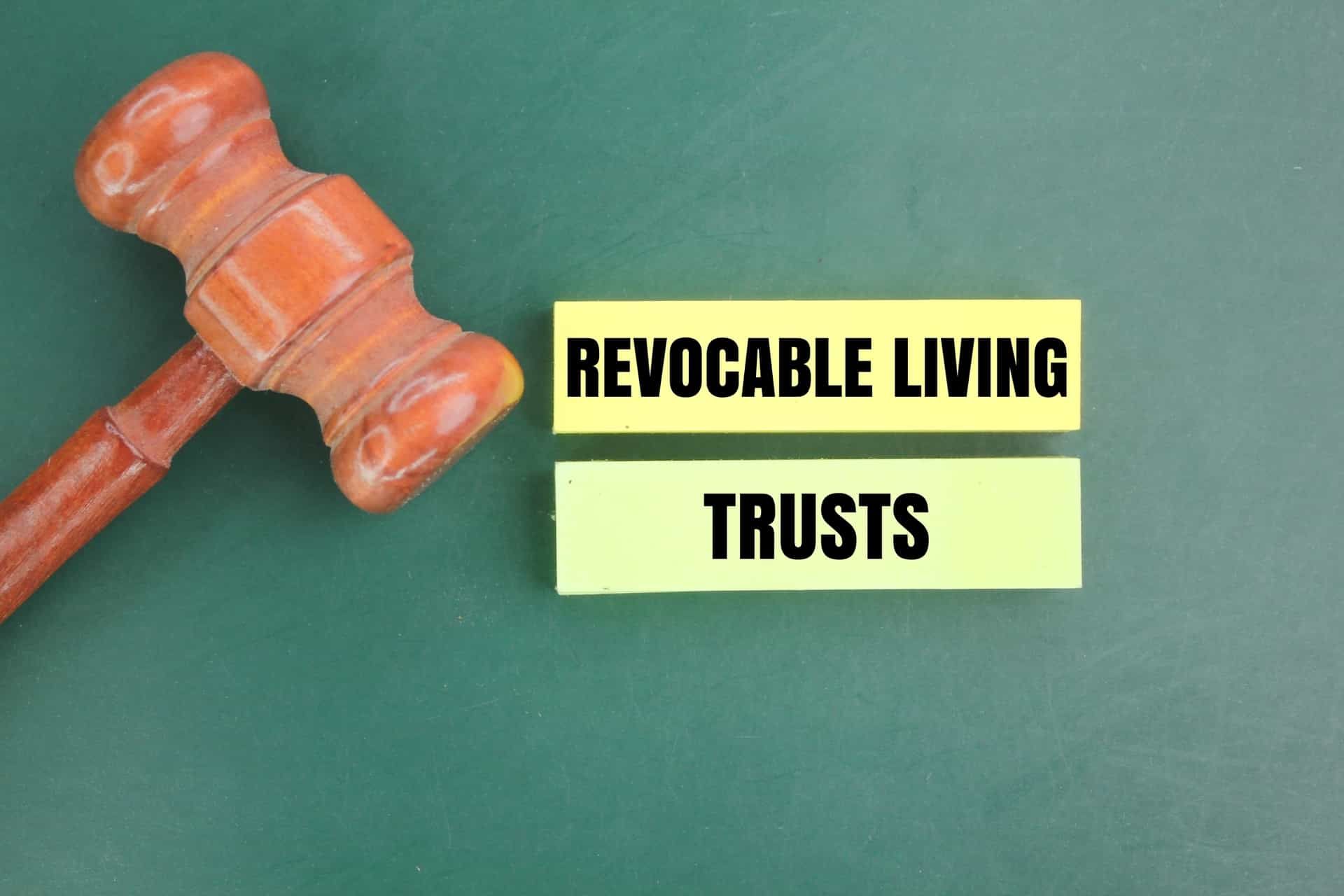What Is Probate in Florida? Key Information You Should Know
If you were assigned as a personal representative of an estate, you’re likely still grieving the death of a loved one while also having to deal with such a responsibility. Since you’ll be handling all the intricacies of dividing the assets in the estate and starting the probate process, you should be familiar with everything this tricky process entails.
In this post, we’ll cover all there is to know, from the basic information like
what is probate in Florida to all the steps you’ll need to take.
What is Probate in Florida?
Probate is a legal process of administering a last will. There are four forms of
probate in Florida:
- Formal Administration:
in cases where the decedent’s assets exceed $75k and the probate is filed within two years of their death, a formal administration is necessary. This type of probate is comprehensive and could take months or years for large estates.
- Summary Administration:
for estates valued at less than $75k, summary administration will suffice. This legal process is shorter and is, in general, not as costly as a formal administration.
- Ancillary Administration: if a decedent owned property in Florida but was a resident of another state, the family can start an ancillary administration. Since the primary probate will occur in another state, ancillary administration will be performed for assets located in Florida.
- Disposition Administration: for decedents who left a small amount of assets, a summary administration or formal probate may not be necessary.
Probate is typically straightforward. Nevertheless, making mistakes as a personal representative could lead to increased expenses for the estate and cause delays, which is why hiring a probate attorney may be necessary.
Step-by-step Breakdown of the Probate Process
Now that you’re familiar with what is probate in Florida, you can delve deeper into the intricacies of the process. Generally speaking, you can expect probate to look like this:
1. Filing the Petition
As a personal representative of the estate, you’ll file a Petition for Administration in the circuit court in the county where the decedent was a resident. Along with the petition, you’ll have to provide the court with supporting documentation, such as the will and the death certificate.
Within a month of filing, you can expect a letter from the court that confirms your petition was granted.
If the personal representative was named in the will, that person will have legal authority to act on behalf of the state and the beneficiaries. If no personal representative is named, they’ll be assigned by the court.
The individual in question is responsible for notifying beneficiaries and other legal heirs that the estate has officially been opened.
2. Notifying Creditors
Before you can proceed with distributing assets, you must settle any creditor claims against the estate. The representative of the estate has to notify all known and unknown creditors about the probate. With known creditors, it’s pretty easy as you can send a direct notice. For unknown creditors, you must file a notice in the local newspapers.
Any creditors must file a claim with the estate if they want to get paid, otherwise, the estate won’t be required to address the debt.
Because there are many requirements for sending or publishing notices for creditors, you should seek legal advice just to be on the safe side.
3. Making an Inventory of the Estate Assets
As a personal representative, creating an inventory of the assets is one of your main responsibilities. Depending on the size of the estate, this may be an intricate and comprehensive process that could take several months to complete.
The most time-consuming part of making an inventory is evaluating the assets. While this is straightforward for liquid assets, possessions like artwork may require a professional appraisal.
Once the inventory is complete, you must file it with the probate court.
4. Paying off Creditor Claims
Once all creditors are notified, you can start paying off claims after the deadline for submitting claims against the estate has passed. You must settle these debts in cash, so if the estate doesn’t have enough liquidity, you’ll have to sell some of the assets.
Considering this can be highly stressful for the beneficiaries as not all of them will like the idea of losing some of the assets, you should let an attorney handle this process. Moreover, you may also need to resolve any outstanding
tax debts.
5. Filing the Accounting
There’s still one task remaining before distributing the assets, and that is filing the accounting information. Usually, these documents will contain all costs of the estate, the value of paid claims, and the value of assets..
To avoid causing a delay this close to the finish line, you should hire a tax attorney who will review all the accounting before filing to confirm whether it’s accurate and complete.
6. Distributing the Assets
Once the accounting is approved, you can distribute the assets to the beneficiaries. When all the beneficiaries receive what they were entitled to according to the will, you must file a request to be discharged from your legal obligation.
This is the last step in the probate process that represents a legal recognition that you, as a personal representative, have performed all your obligations and that the estate can finally be closed.
Ensure a Smooth Probate Process With the Assistance of Attorneys at Doane & Doane
You should now have a more complete understanding of what is probate in Florida, and as such, can approach the process with an extra dose of confidence.
It’s worth noting that some of the tasks involved in managing the estate during probate are very complex. Even more concerning, a small accounting or inventory mistake could drain the estate assets and potentially cause costly setbacks.
Your primary concern should be performing your duties efficiently and protecting the estate, which you can easily achieve by leveraging the assistance of attorneys at
Doane & Doane.
With over two decades of experience handling
estate planning matters, you can rest assured we can deliver on the technical front. We also always approach probate proceedings with compassion. This sense of empathy mixed with virtuosity in the legal department makes us one of the most sought-after probate attorneys in Florida - and you shouldn’t settle for less.
Call
561-656-0200 or fill out our
contact form to schedule an appointment.
Note:
The information in this blog post is for reference only and not legal advice. As such, you should not make legal decisions based on the information in this blog post. Moreover, there is no lawyer-client relationship resulting from this blog post, nor should any such relationship be implied. If you need legal counsel, please consult a lawyer licensed to practice in your jurisdiction.
Disclaimer: The information on this website and blog is for general informational purposes only and is not professional advice. We make no guarantees of accuracy or completeness. We disclaim all liability for errors, omissions, or reliance on this content. Always consult a qualified professional for specific guidance.
RECENT POSTS






